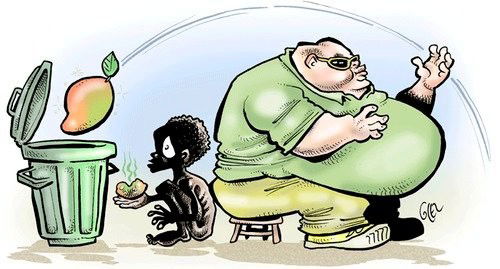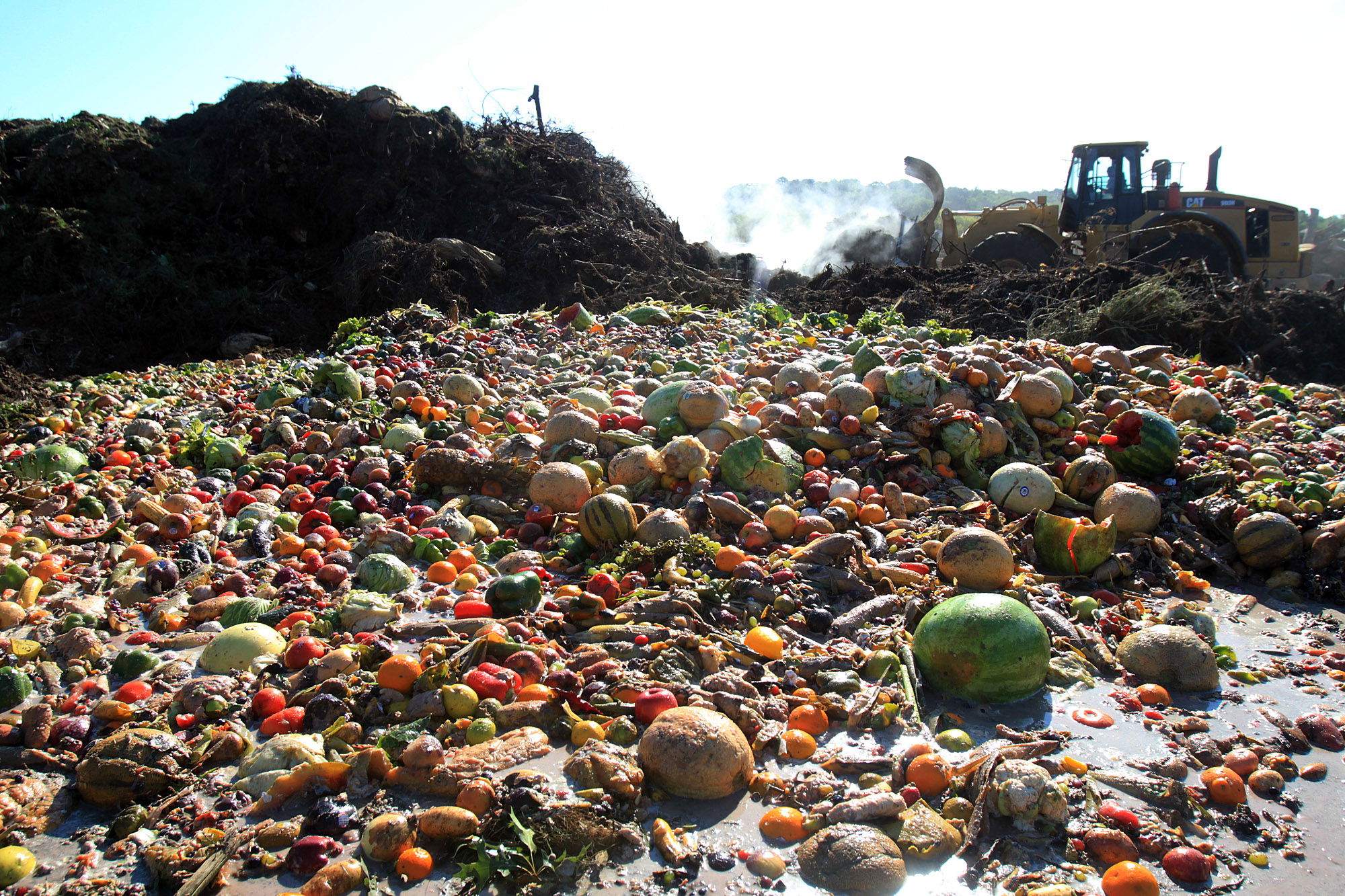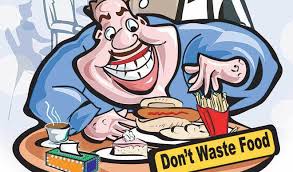For the love of food, stop the waste
By Pamela Okutoyi
Sadly, it is not an exaggeration to say that food waste is one of the biggest problems facing mankind today.
Did you know that between 33-50% of all food produced globally is never eaten, and the value of this wasted food is worth over $1 trillion?
Don’t be shocked just yet.
Growing up, my siblings and I couldn’t leave the table without finishing our food. It was a rule in our house. This simple rule shaped my ideas on food portions, consumption, and wastage. Now as an adult, I usually finish my plate because of the way I grew up. It’s a simple notion, I presume. Producing only as much food as you need to eat.
However, this notion is not everyone’s cup of tea. We waste food knowingly or unknowingly.
It’s easy for many people to dismiss food waste as someone else’s problem (“I don’t waste any food”) or to focus solely on the more visibly shocking examples of waste (unharvested fields of produce ploughed back into the earth, supermarket skip waste).
However, the reality is that, more than 50 percent of food waste takes place in our homes. In contrast, less than 2 percent of food waste takes place at the retail store level (though supermarket practices are directly responsible for much food waste elsewhere in the supply chain.)
Morally wrong
 Source: arebelwithacause.org
Source: arebelwithacause.org
The irony is, 800 million people go to bed hungry every night. That is 1 in 9 people on the planet who are starving or malnourished. Each and every one of them could be sufficiently fed on less than a quarter of the food that is wasted each year.
Environmentally catastrophic
 Source:hrasiamedia.com
Source:hrasiamedia.com
Food waste is really, really bad for the environment. It takes a land mass larger than China to grow the food each year that is ultimately never eaten – land that has been deforested, species that have been driven to extinction, indigenous populations that have been moved, soil that has been degraded – all to produce food that we then just throw away.
In addition, food that is never eaten accounts for 25% of all fresh water consumption globally.
Not only are all of the resources that went into creating the uneaten food wasted - land, water, labour, energy, manufacturing, packaging - but when food waste goes to landfill, which is where the vast majority of it ends up, it decomposes without access to oxygen and creates methane, which is 23 times more deadly than carbon dioxide.
Every way you look at it, food waste is a major culprit in destroying our planet, and in fact if food waste were a country, it would be the third largest emitter of greenhouse gases after China and the USA, significantly contributing to global warming and climate change.
The most wasted foods…
Fruits and vegetables
Drinks
Bakery products
Meals
Dairy
Meat
These statistics are hard to digest! And as you can see the impact extends far beyond simply not finishing your food.
So stopping food waste is not just about saving money, reducing food bills or being mindful of the starving millions around the world. It’s about sustainability and saving Mother Earth. With the global population growing in millions, we are putting so much pressure on our environment just to produce our food. Our natural resources are no longer as abundant as they used to be, yet we waste so much food every single day.
What can you do?
Buy only what you need
Keep track of what you have bought and used. Make it even more interesting by taking a photo of your cupboards and fridge to remind you what you have. You can go an extra mile and keep a food diary.
Check dates
Check use-by dates rather than best-before dates. Buy what you can use before it expires.
Plan Ahead
Plan for the week ahead and think what you can do with leftovers. To make it more efficient, you can create your own meal planner or download one. Having a recipe prior to your cooking will also help tell how much you need to buy.
Love your freezer
Use your spare time to batch-cook and freeze meals.
Share more and waste less!
If you have food in excess, learn to share with friends and neighbors. You might save someone from going to bed hungry but more importantly you will save our precious planet.
 Source: Times Nie
Source: Times Nie
The bad news is that, we humans are the cause of half the food waste on the planet. The good news however is that, we can save half of the food lost.
